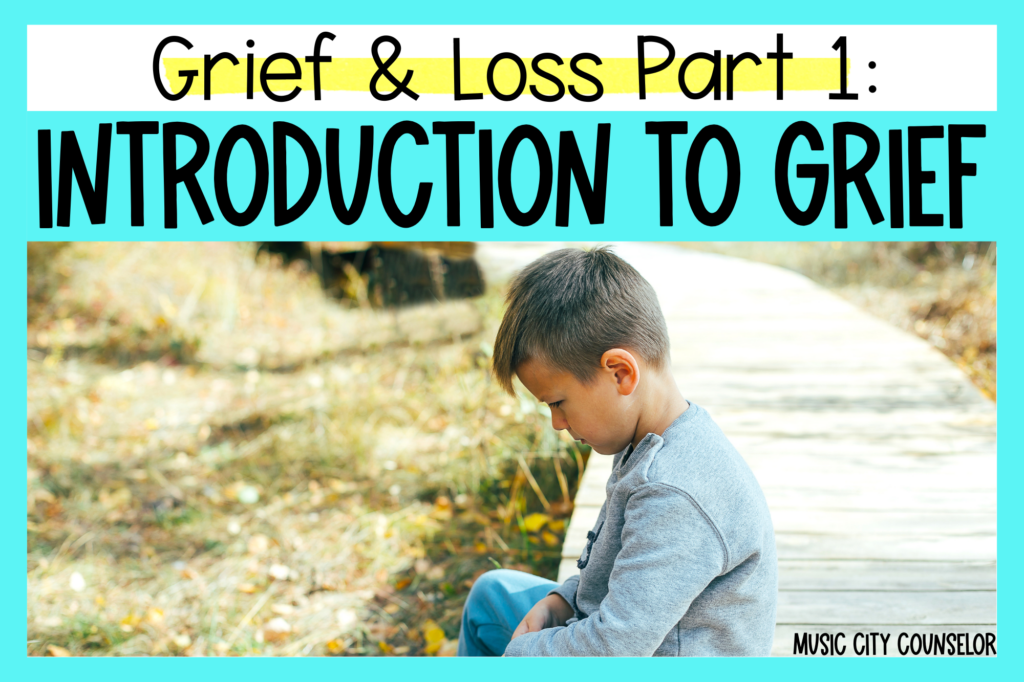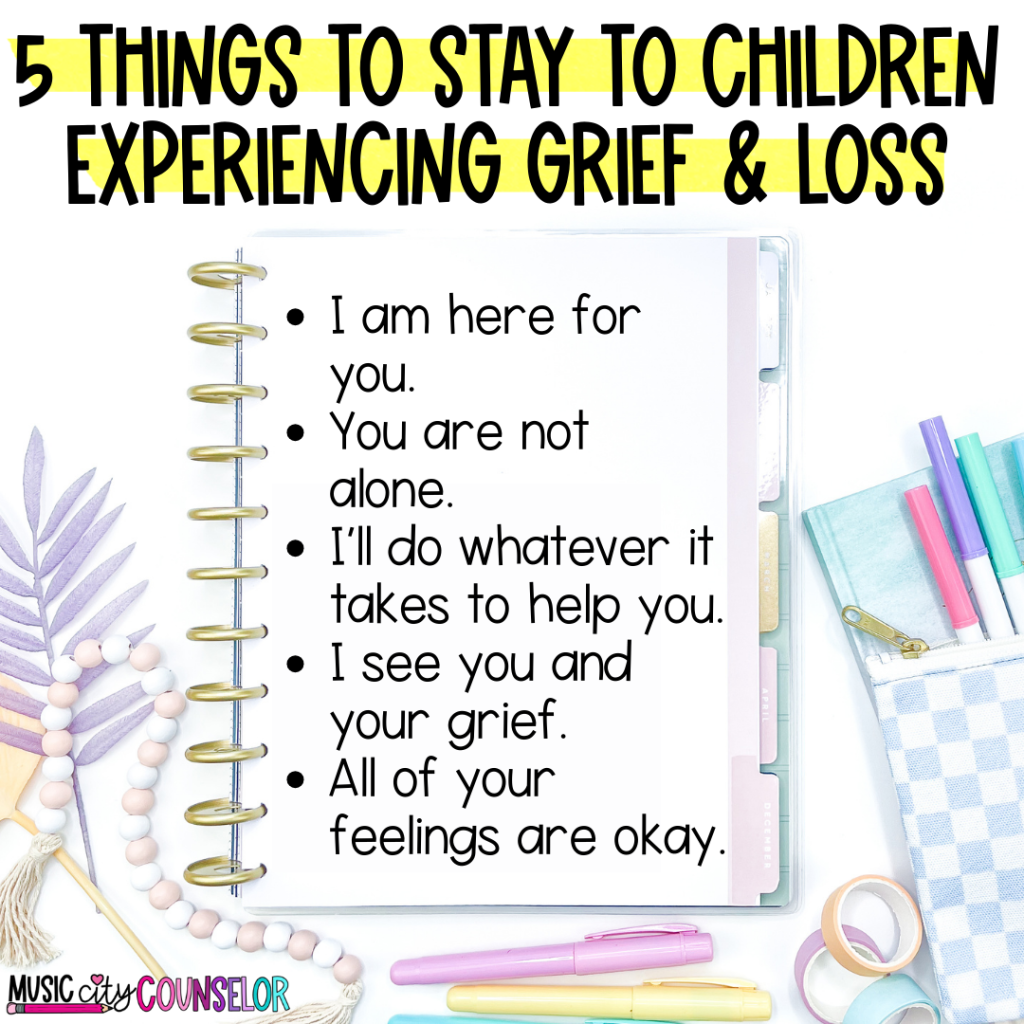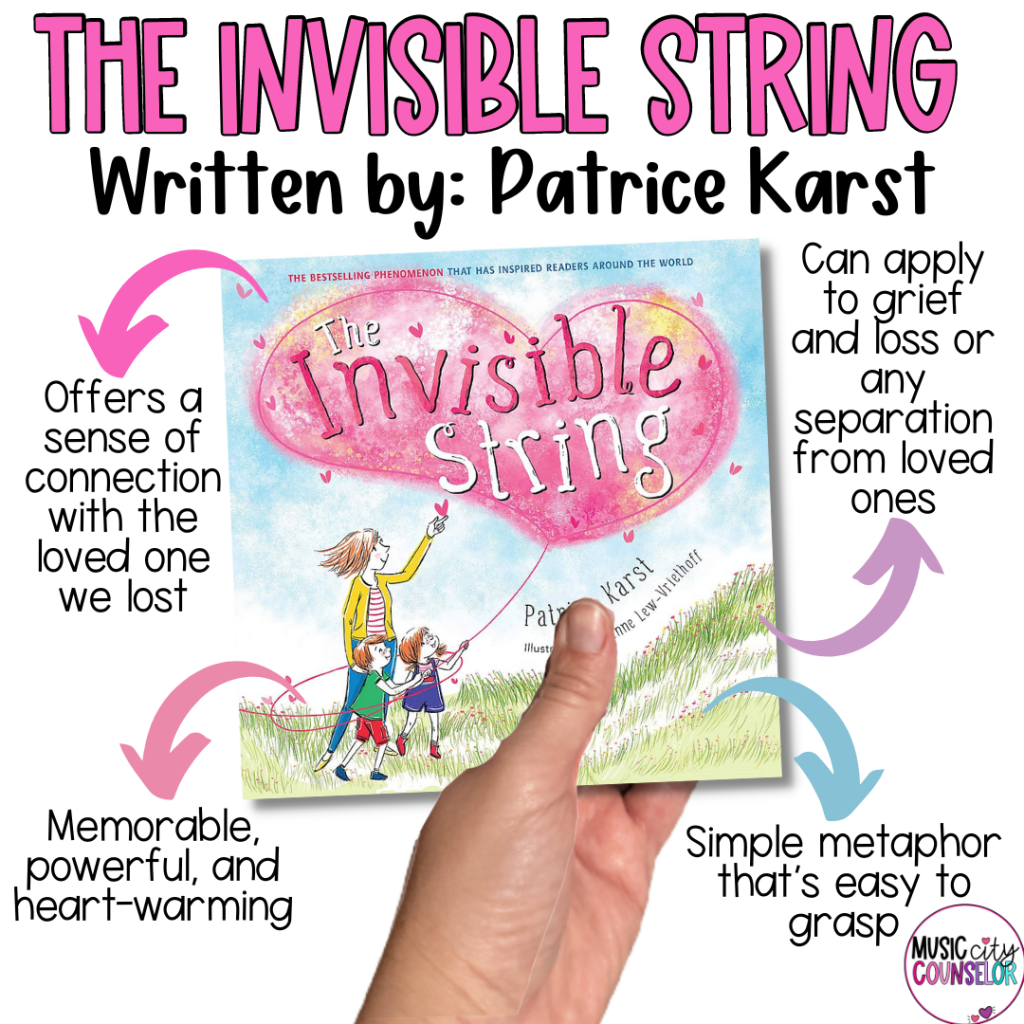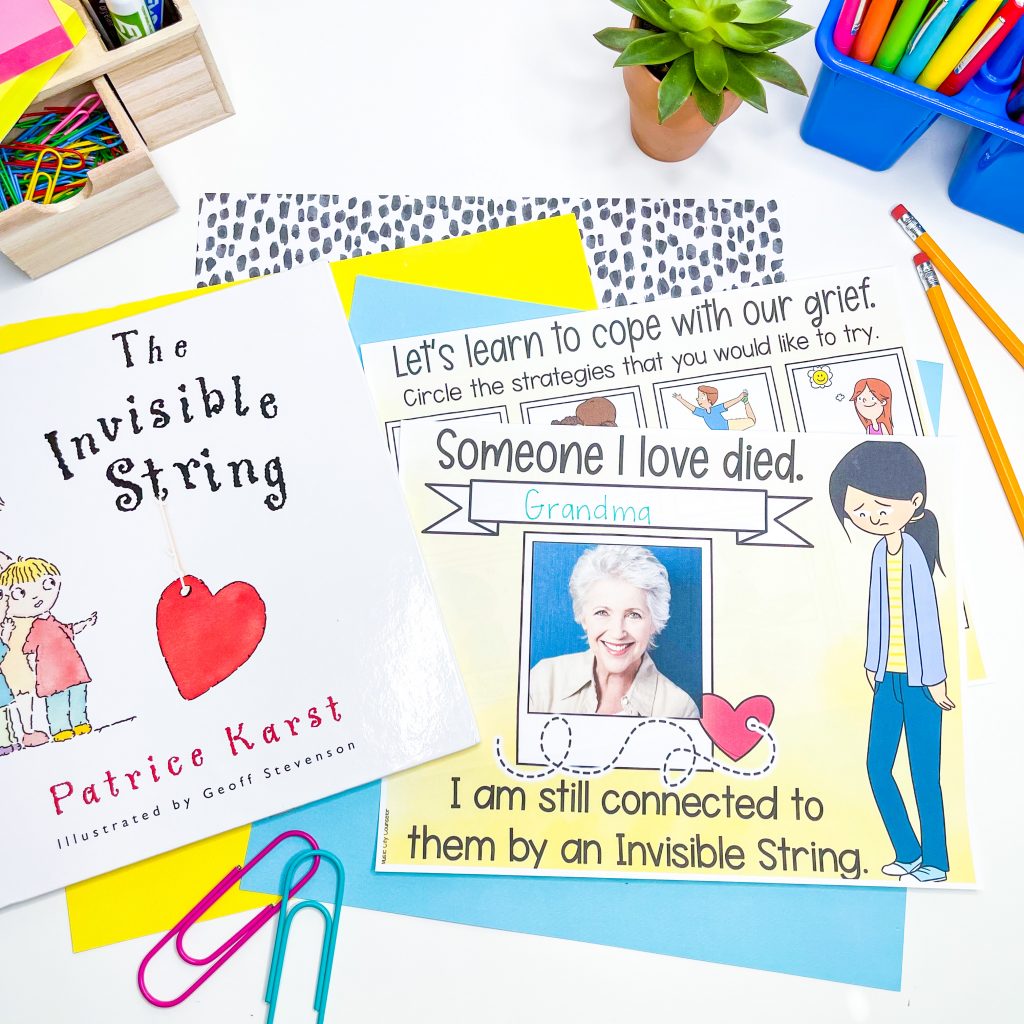
Hey y’all! Thanks so much for stopping by. My name is Laura and I am an Elementary School Counselor turned Curriculum Writer. At my precious school in Nashville, TN, 97% of my students were living in …

I’ll never forget the phone call from my best friend, my precious student DeShawn’s kindergarten teacher. She explained, through tears, that DeShawn and his sweet older sister Deja had ridden the bus home from school like they did every day, expecting to see their mom waiting for them at the bus stop. When she wasn’t there, they walked home and knocked on the front door. No one answered. They decided to go to their next-door neighbor’s house, who kept a key to their home in case of emergency. The neighbor kindly gave the children her key and let them use it to get inside, thinking that Deja, a third grader, was responsible enough to open the door herself. As they walked into the house, the sweet siblings yelled for their mommy. They took a few more steps inside, and from that moment, their lives were changed forever. DeShawn and Deja found their mom on the floor of the family room, unresponsive. They called 911. The ambulance came and pronounced her dead at the scene. That was the last time DeShawn and Deja ever saw their mom. The center of their universe.
The very next morning, DeShawn and Deja came to school. Their grandparents had taken them in and thought that coming to school would occupy their minds and help them feel a sense of normalcy. I hadn’t expected them to return to school so soon, but as their school counselor, I had to act fast to support these sweet babies.
As school counselors, we never know what students will bring to us each day, and sometimes their needs are so great, so profound, that it can be overwhelming even for us as trained professionals. Graduate school did not prepare me for having two angels sitting in front of me, completely traumatized by finding their mother dead hours before. But I knew deep in my heart that I would do whatever I could to help them.
Grief is defined as deep sorrow. Big emotions, like grief, are difficult for young children to comprehend and even more difficult to discuss. We know that keeping these big emotions inside can compound the issues of grief.
Children who do not process their loss are at-risk for many physical, social, emotional, and academic consequences.

Although helping children cope with grief is never easy, it is essential, and school counselors are an important part of the “team” that can help children move forward and heal.
School counseling does have its limits and boundaries, however, and outside therapy is almost always recommended in times like this. But, when you work with high-poverty, mostly first-generation American students like I did, outside therapy wasn’t always an option.
I was often all that my kids had – and I was okay with that.
Helping students cope with grief was always a challenge, but with time I realized that the two most important tools that I needed were: my heart and high-quality resources.
Relationships are the foundation of counseling, and my heart truly burst with love for my students. First and foremost, I always wanted them to know, and told them time and time again:

As the school counselor, YOU can be the safe person that your students can turn to on their best days and on their worst days.
School counselors are especially important because children often don’t feel comfortable discussing or expressing their grief to anyone else. Family members are suffering too, and they may fear burdening or pushing away their friends by involving them in their feelings.
Offer individual and group counseling services to students and be as available as possible to them when their “grief waves” hit and they need to leave the classroom.
In addition to your heart and love for your students, having a “toolbox” full of high-quality story books, resources, and activities is helpful to confidently equip them to handle grief and loss.

Patrice Karst’s storybook The Invisible String (Amazon Affiliate Link) is the most popular grief and loss story for elementary students. Its powerful message sticks with readers and offers a special and meaningful sense of togetherness with the loved one they lost. The story explains that everyone is connected by an invisible string of love. When missing someone, they feel a tug on the invisible string and know that someone is thinking of them and loving them from afar.
Invisible strings can connect students to their parents while they’re at school, to grandma who lives in another state, to their loved ones in heaven, and to anyone and everyone in between. No matter what, the invisible strings can never be broken.
This story is so touching and beautiful and helps children remember that their loved ones are never truly gone, but instead are with them in their hearts wherever they go.
The Invisible String resonates so well with students in individual and small group grief sessions alike, so I created a Grief and Loss Journal to go along with it.

This resource gives students the opportunity to explore, process, and heal from the death of a loved one through an interactive Google Slides version of the journal or a printable version.
Children can create a memory book with photos and text about their loved one, explore 8 coping strategies for grief and loss, create a bracelet in memory of their loved one, explore their feelings by writing a poem, and more.
Patrice Karst’s book and this companion resource are a great starting point for working through grief and loss with your students, but there are even more wonderful options to use!
Check out parts 2, 3, and 4 of the Grief & Loss Series for more recommendations of story books, resources, and activities to include in your Grief Toolbox and how to implement them the next time your very own DeShawn and Deja walk into your office.

| Cookie | Duration | Description |
|---|---|---|
| cookielawinfo-checkbox-analytics | 11 months | This cookie is set by GDPR Cookie Consent plugin. The cookie is used to store the user consent for the cookies in the category "Analytics". |
| cookielawinfo-checkbox-functional | 11 months | The cookie is set by GDPR cookie consent to record the user consent for the cookies in the category "Functional". |
| cookielawinfo-checkbox-necessary | 11 months | This cookie is set by GDPR Cookie Consent plugin. The cookies is used to store the user consent for the cookies in the category "Necessary". |
| cookielawinfo-checkbox-others | 11 months | This cookie is set by GDPR Cookie Consent plugin. The cookie is used to store the user consent for the cookies in the category "Other. |
| cookielawinfo-checkbox-performance | 11 months | This cookie is set by GDPR Cookie Consent plugin. The cookie is used to store the user consent for the cookies in the category "Performance". |
| viewed_cookie_policy | 11 months | The cookie is set by the GDPR Cookie Consent plugin and is used to store whether or not user has consented to the use of cookies. It does not store any personal data. |